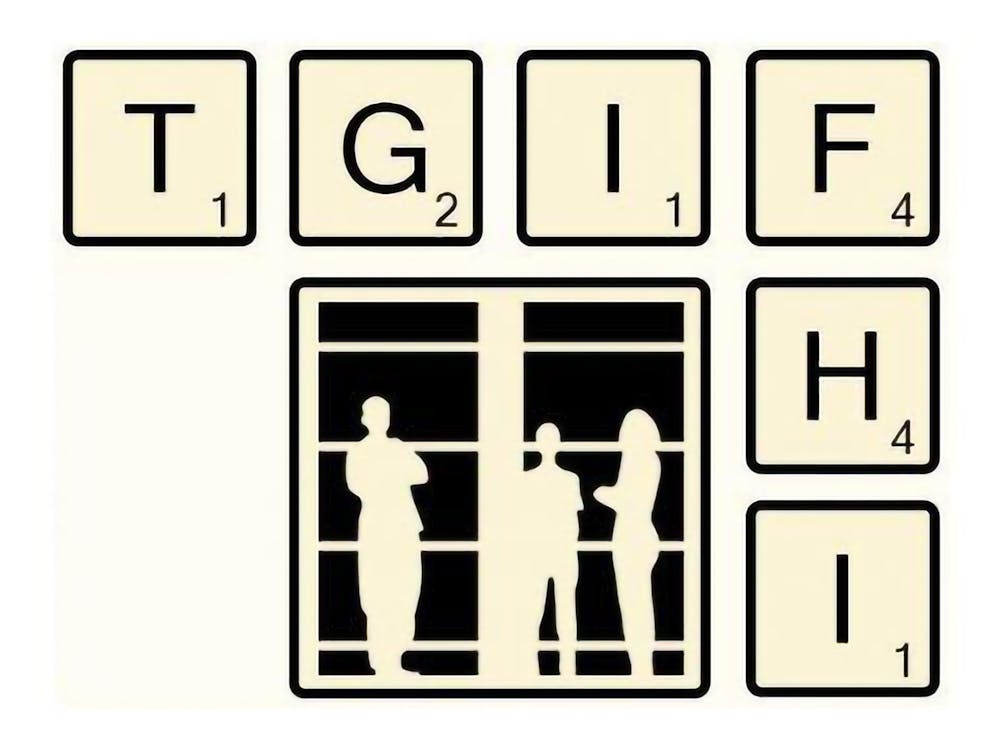In years past, humanities and arts departments held catered speaker events to help generate community between faculty, students and the Durham community. They varied from lectures and discussions to invited speakers. Often, these programs existed between the categories of “classroom” and “lecture:” a syncretic and interactive mode of education.
Last spring, as students scrambled to find alternative living accommodations, these speaking events were brought to an abrupt halt. Since then, the outlets for this kind of engagement have been limited, with students and faculty in remote locations as the fear of infection prevents in-person meetings.
This year, however, Duke’s John Hope Franklin Humanities Institute (FHI) is hoping to engage some of those creative and intellectual possibilities of the past through the renewal of it’s program tgiFHI.
Every Friday this semester at 9:30 am, tgiFHI will provide online speaking and discussion events to the public. At each event, a Humanities faculty member will present on one of their ongoing research projects. The lineup is diverse with about one faculty member from each Humanities or Arts department invited to speak.
tgiFHI events will be held on Zoom, and an additional interview with the speaker will be posted online alongside an article of their work. After the speaking engagement, members will be placed in breakout rooms for 10 minutes to generate questions. After, the group will be allowed to pose questions to the speaker.
Among the many discussions to come in the tgiFHI series, Professor of Literature Luciana Parisi will present on "Recursive Colonialism and Speculative Computation," Professor of African & African American studies Jasmine Nichole Cobb will hold a discussion on "Tactility and the Texture of Racial Capitalism" and Dance faculty member Michael Kliën will host "The Body is a Site of Creative Politics" during the fall semester.
Professor Ranjana Khanna, director of FHI, noted the importance of the program to the Humanities and Arts culture at Duke.
“Duke has very strong Humanities departments, and this program will work to introduce the faculty to a broader audience,” Khanna said. “The hope is to stretch the audience, for there to be a slight challenge associated with grasping the scholarship. If you come and listen, you can expect to learn a lot.”
Professor Khanna hopes that the program will be both balanced and diverse. Additionally, speakers are not asked to speak on a specific theme or topic (as most other speaking events require), but are encouraged to speak on whatever they wish to present from their own research. This freedom is one of the strengths of tgiFHI.
One of the most important aspects of these events, Khanna noted, is “the important work of discussion.”
Professor Thomas DeFrantz of Duke’s African and African American Studies Department And Dance Program spoke at tgiFHI last year on “Resisting the Universal: Black Dance, Aesthetics, and the Afterlives of Slavery,” centering around afropessimism and the production of Black dance.
According to Professor DeFrantz, tgiFHI is a great opportunity for faculty or advanced researchers to present materials in progress. The series allowed him to present a topic that he hadn’t before had the opportunity to share.
“[tgiFHI was valuable] for the chance to get feedback and hone an argument,” DeFrantz said. “Discussion was useful due to the mix of people present: local residents, faculty, staff and students. Coming together in small groups is important for generating ideas before presenting [writing] to the general public.”
Meeting people and making mental connections are all part of the power of speaking events that will hopefully be recreated through a small room environment. In this sense, tgiFHI hopes to be a forum for connecting students, faculty, staff and community members through a shared moment of intellectual engagement in a time of difficulty.
Get The Chronicle straight to your inbox
Signup for our weekly newsletter. Cancel at any time.

